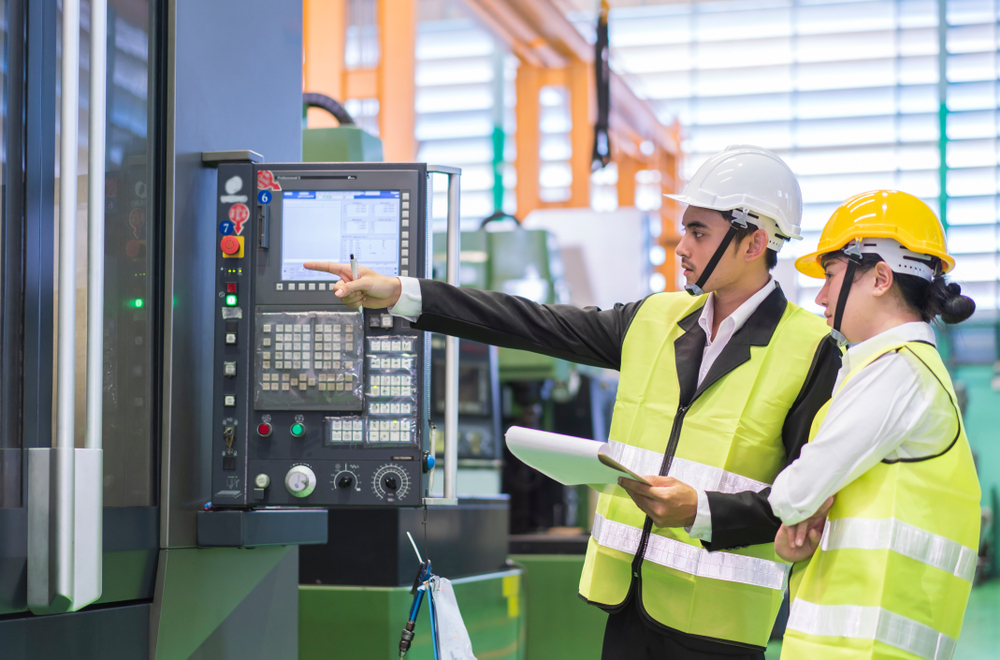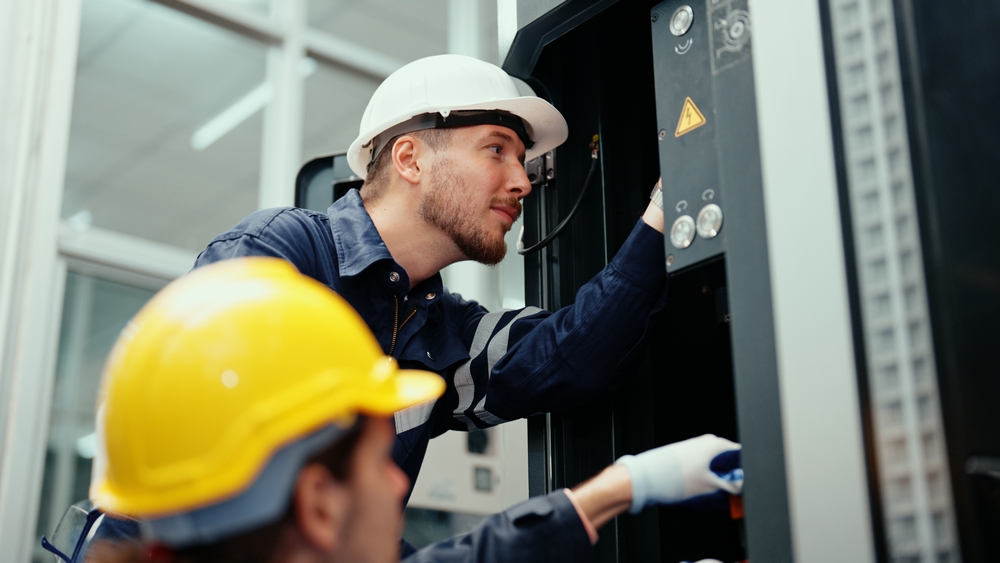

This course helps in improving the optimization of rotating equipment through the use of Continuous Reliability Improvement (CRI) concepts. It addresses some basic measures that can be employed to improve the performance, reliability, and life of rotating machines by defining the weaknesses and adopting measures for their enhancement and maintenance.
| City | Start Date | End Date | Fees | Register | Enquire | Download |
|---|---|---|---|---|---|---|
| London | 23-06-2025 | 27-06-2025 | 6200 $ | Register | Enquire | |
| Madrid | 30-06-2025 | 04-07-2025 | 6200 $ | Register | Enquire | |
| Geneva | 07-07-2025 | 11-07-2025 | 5600 $ | Register | Enquire | |
| Amsterdam | 14-07-2025 | 18-07-2025 | 6200 $ | Register | Enquire | |
| Kuala Lumpur | 21-07-2025 | 25-07-2025 | 4950 $ | Register | Enquire | |
| Bali | 28-07-2025 | 01-08-2025 | 4950 $ | Register | Enquire | |
| Amsterdam | 04-08-2025 | 08-08-2025 | 6200 $ | Register | Enquire | |
| London | 11-08-2025 | 15-08-2025 | 6200 $ | Register | Enquire | |
| Geneva | 18-08-2025 | 22-08-2025 | 5600 $ | Register | Enquire | |
| Cairo | 25-08-2025 | 29-08-2025 | 3950 $ | Register | Enquire | |
| London | 01-09-2025 | 05-09-2025 | 6200 $ | Register | Enquire | |
| Barcelona | 08-09-2025 | 12-09-2025 | 6200 $ | Register | Enquire | |
| Casablanca | 15-09-2025 | 19-09-2025 | 4950 $ | Register | Enquire | |
| Vienna | 22-09-2025 | 26-09-2025 | 6200 $ | Register | Enquire | |
| Paris | 29-09-2025 | 03-10-2025 | 6200 $ | Register | Enquire | |
| Prague | 06-10-2025 | 10-10-2025 | 6200 $ | Register | Enquire | |
| Casablanca | 13-10-2025 | 17-10-2025 | 4950 $ | Register | Enquire | |
| Amsterdam | 20-10-2025 | 24-10-2025 | 6200 $ | Register | Enquire | |
| Geneva | 27-10-2025 | 31-10-2025 | 5600 $ | Register | Enquire | |
| Dubai | 03-11-2025 | 07-11-2025 | 4300 $ | Register | Enquire | |
| Prague | 10-11-2025 | 14-11-2025 | 6200 $ | Register | Enquire | |
| London | 17-11-2025 | 21-11-2025 | 6200 $ | Register | Enquire | |
| Bali | 01-12-2025 | 05-12-2025 | 4950 $ | Register | Enquire | |
| Amsterdam | 08-12-2025 | 12-12-2025 | 6200 $ | Register | Enquire | |
| Dubai | 15-12-2025 | 19-12-2025 | 4300 $ | Register | Enquire | |
| Madrid | 29-12-2025 | 02-01-2026 | 6200 $ | Register | Enquire |
Studies conducted on oil refineries worldwide reveal that maintenance and inspection services for rotating equipment account for over twenty percent of total repair and inspection costs. Given that rotating equipment is often crucial to process operations and production, breakdowns can lead to significant downtime costs.
The Rotating Equipment and Continuous Reliability Improvement (CRI) program aims to provide participants with a comprehensive understanding of how to employ predictive and preventive maintenance strategies, along with effective failure monitoring, to enhance the reliability and performance of rotating equipment.
By the end of the Rotating Equipment and Continuous Reliability Improvement (CRI) course, participants will be able to:
Unit 1: Linking Reliability with Competitive Advantage and Ways to Make It Work for Your Organization
Unit 2: Using Reliability Modeling to Establish Inherent Reliability
Unit 3: Understanding the Nature of Failures to Make the Best Response
Unit 4: Optimizing Failure Management to Ensure Cost-Effective Maintenance
Unit 5: Setting Up a Continuous Reliability Improvement Process to Improve Performance



















